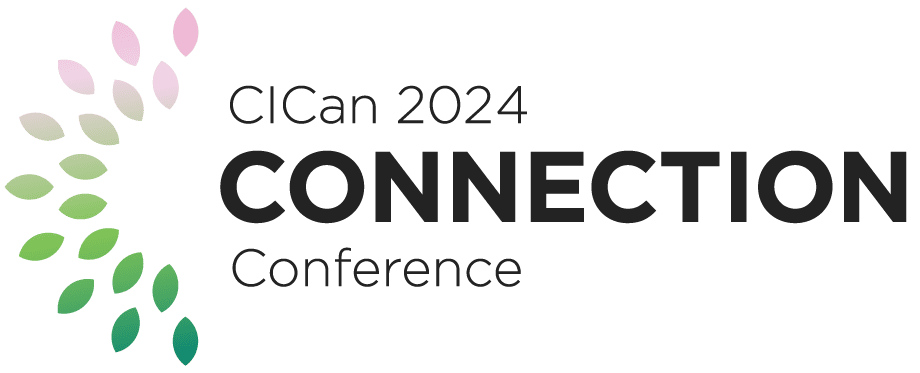Indigenous Storytelling as Authentic Pedagogy to Advance Decolonization, Anti-Racism, and Intercultural Competency (E/SI)
Storytelling is the first way we know the world, but it is more than that. Through story we learn from vicarious experiences of others without having those experiences ourselves. Story lets us gain empathy and increase our intercultural competency (Taylor, 2021). When we story together, we connect, engage, and grow in ways not possible through fact-based discourse and lecture. This is especially important where those experiences are challenging or outside of our realm of understanding. For example, narratives of racial injustices, sex or gender identity, or cultural norms broaden our perspectives. Story lets us connect to the speaker and content in meaningful, personally relevant ways, advancing decolonization (TRC, 2015) and anti-racism (Posca, 2023). Storytelling is inextricably wound up in what it means to be human. Yet, in our colonial academy, we have largely lost storytelling as an authentic pedagogy. There are many benefits to storytelling. First, relationship building. By leveraging story in framing our positionality (Duckworth, 2020), relationality (Patterson, Labreche, Morcom & St.Amant, 2023), and connectivity we create safer, braver spaces where we co-create knowledge and understanding with our students and colleagues. Second, it creates a sense of ownership and community. By holding space and utilizing a framework (Taylor, 2020) to authentically share and hear stories through conversational methods (Kovach, 2019) we create a space where marginalized folks belong, have voice, and contribute knowledge and perspectives. Third, it creates a deeper, more enduring understanding of content and how it translates into real-life (Taylor, 2021).
Stream: Strengthening Indigenous Education
Speaker
Educational Developer | NorQuest College

